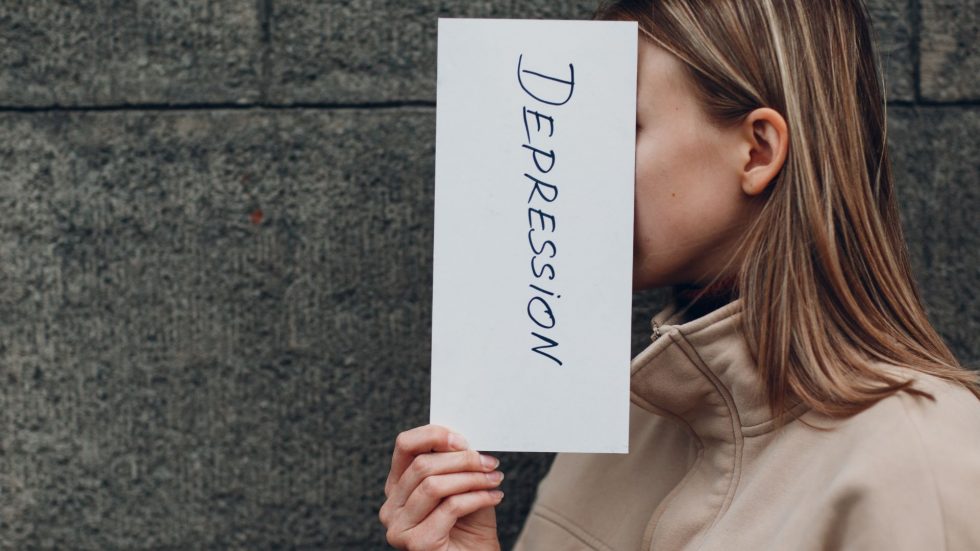In an effort to address the importance of adolescent development in the school context, a study by Juan Molina Hernández and Ana María García León has shed light on the effectiveness of two intervention programs aimed at school-aged adolescents. The research, carried out by a multidisciplinary team, focused on comparing the effectiveness of a personal strengths training program with another based on the development of social skills and techniques to reduce stress. The study involved 65 students of Compulsory Secondary Education (ESO) aged between 13 and 17 years. These participants were divided into three groups: one subjected to a personal strengths training program, another to a program focused on social skills and techniques to reduce stress, and a waiting list control group.
During six intervention sessions, each lasting two hours, adolescents actively participated in programs designed to encourage the development of personal strengths or improve social skills and techniques to manage stress.
The results of the study indicated that the program focused on the development of personal strengths was not only effective in increasing the trained strengths, but was also more effective in reducing anxiety and depressive symptoms compared to the program based on social and technical skills, as well as to the wait-list control group.
These findings suggest that the cross-sectional implementation of intervention programs focused on the development of personal strengths could be a valuable strategy in the school setting, promoting a more complete and broad development of the adolescent person. This innovative approach could offer significant benefits for the mental health and well-being of adolescents, thus contributing to a more positive and favorable school environment for their comprehensive development.
Link: https://www.revistapcna.com/sites/default/files/2283.pdf

